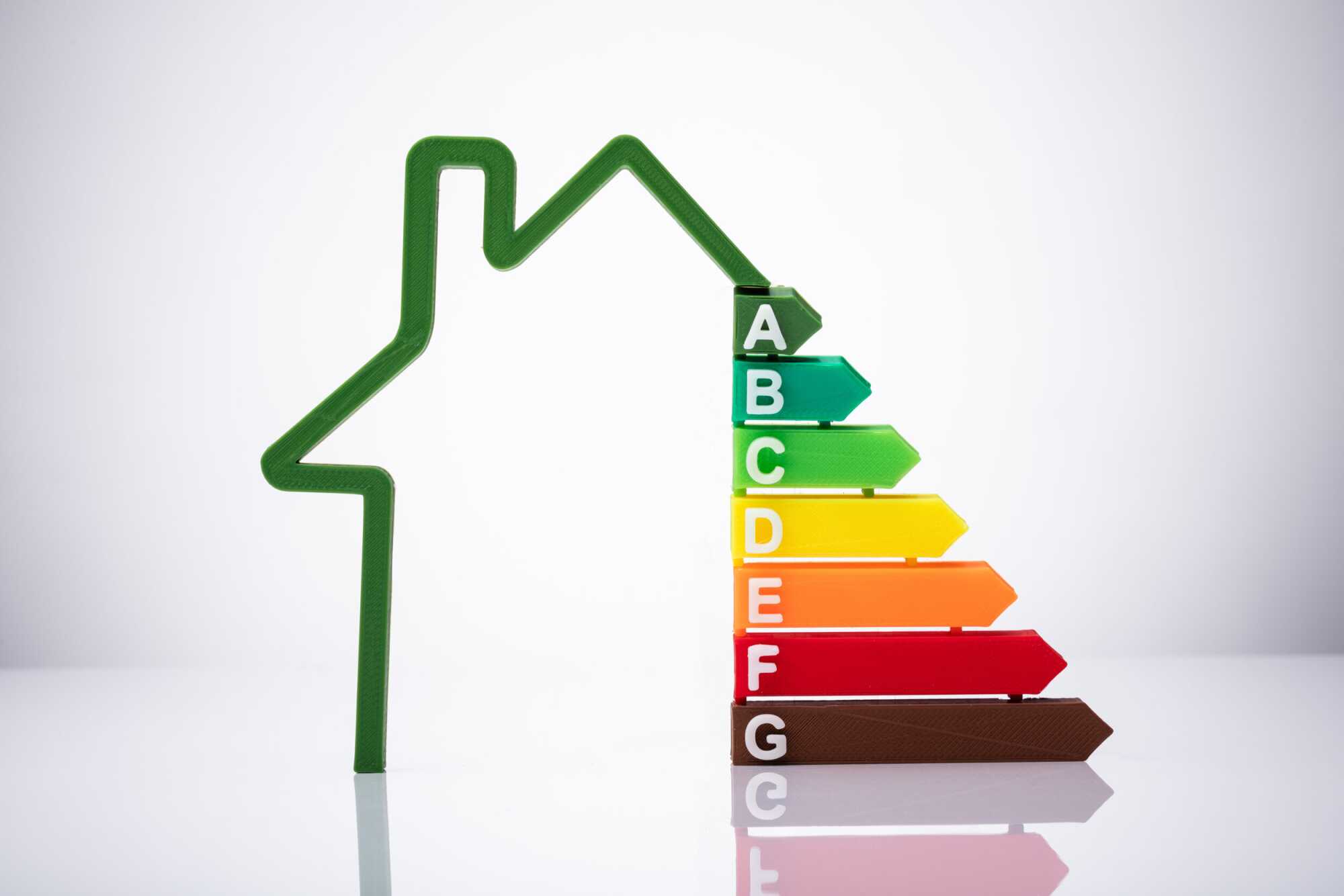The exemptions available under the Minimum Energy Efficiency Standards (MEES)
9th April 2020
Get in touch today
Call 01435 897297
Email info@kdllaw.com
9th April 2020

Last week our Legal Update (see here) explained that from 1 April 2020 the MEES scheme applies to all residential tenancies that are assured tenancies, including assured shorthold tenancies and regulated tenancies. We explained that the MEES scheme requires landlords of property that has an energy efficiency rating of less than E to undertake improvements sufficient to bring that rating to an E or above. Today we briefly focus on the main information needed to apply for an exemption to that requirement and the seven different exemptions available to landlords. It is worth highlighting that only some exemptions apply to residential property.
The MEES regulations contain a number of exemptions. To be effective, they must be registered on the online exemptions register. Note however that parts of that register are open to inspection by the public, including that identifying the property.
Information required for all exemption:
the address of the relevant property;
which exemption type the landlord is registering;
a copy of a valid Energy Performance Certificate for the property.
1) ‘High cost’ Exemption
The prohibition on letting property below an EPC rating of E does not apply if the cost of making even the cheapest recommended improvement would exceed £3,500 (inc. VAT). This exemption applies only to domestic property
2) ‘7 Year Payback’ Exemption
Applies where a recommended measure is not a “relevant energy efficiency improvement” because the cost of purchasing and installing it does not meet the 7 Year Payback test (Regulation 28(3)). Applies only to non-domestic property.
3) ‘All Improvements Made’ Exemption
Where all the “relevant energy efficiency improvements” for the property have been made, or there are none that can be made and the property remains sub-standard (Regulation 25). Applies to domestic and non-domestic property.
4) ‘Wall Insulation’ Exemption
Register this exemption if the only relevant improvements for your property are: cavity wall insulation, external wall insulation or internal wall insulation (for external walls) AND you have obtained written expert advice showing that these measures would negatively impact the fabric or structure of the property (or the building of which it is part). Wall insulation exemption (Regulation 24(2)). Applies to domestic and non-domestic property.
5) ‘Consent’ Exemption
Third party consent exemption (Regulation 31(1) and Regulation 36(2)). Consent from a superior landlord may be required where the property is leasehold. Consent may also be required from the current tenant of the property or other tenants depending on the provisions of the tenancy or tenancies. There is not an exhaustive list of all situations where third party consent requirements may apply. Information on when and where consent is required will be contained within relevant documentation, for example in the landlord’s lease or mortgage conditions etc. Applies to domestic and non-domestic property.
6) ‘Devaluation’ Exemption
Register this exemption if you have evidence showing that making energy efficiency improvements to your property would devalue it by more than 5%. In order to register this exemption you will need a report from an independent surveyor. Property devaluation exemption (Regulation 32(1) and Regulation 36 (2)). Applies to domestic and non-domestic property.
7) ‘New Landlord’ Exemption
Temporary exemption due to only recently becoming a landlord (Regulation 33(1) & Regulation 36 (2)). Applies to domestic and non-domestic property.
The full details of each exemption, information needed and time span of each exception can be found at: https://www.gov.uk/government/publications/private-rented-sector-minimum-energy-efficiency-standard-exemptions/guidance-on-prs-exemptions-and-exemptions-register-evidence-requirements.
Penalties
As mentioned in the previous Legal Update, should a landlord not comply with this scheme and not do what they can to improve the energy efficiency rating, they can face a fine of up to £5,000 for each property which is below standard save where an exemption has been applied formally.
Non-compliance with MEES does not prevent the landlord from being able to evict the tenant.
Final thoughts
There are going to be times when a landlord cannot comply with the MEES regulations and perhaps you do not think that the particular scenario you are faced with is covered by any of the above exemptions.
One question raised in response to our Legal Update last week was “What if the tenant doesn’t want works done to a property to get the correct EPC rating, for example, because they are elderly or infirm and could not cope with the upheaval? Is the landlord still obliged to do the works?. The answer, in those genuine cases, is likely to be that application may be available under Exemption 5 the “Consent Exemption”. It has to be considered that the outcome of each case will turn entirely on its own facts, so it is not possible to say that, just because one tenant is elderly and infirm in one property and exemption was obtained, the same outcome must apply to other cases of similar circumstances. So take advice where you feel that you might be capable of obtaining an exemption - don’t assume that you will be exempt.
Should you have any questions in relation to the above, then please do not hesitate to contact Susan Fox on Susan.Fox@kdllaw.com or 01435 897 297.
Disclaimer
This legal update is provided free of charge for information purposes only; it does not constitute legal advice and should not be relied on as such. No responsibility for the accuracy and/or correctness of the information and commentary set out in the article, or for any consequences of relying on it, is assumed or accepted by any member of KDL Law or by KDL Law as a whole.
If you have received this update in error or wish to unsubscribe from future updates then please email us at info@kdllaw.com.
Sign up to receive FREE regular Legal Updates by email